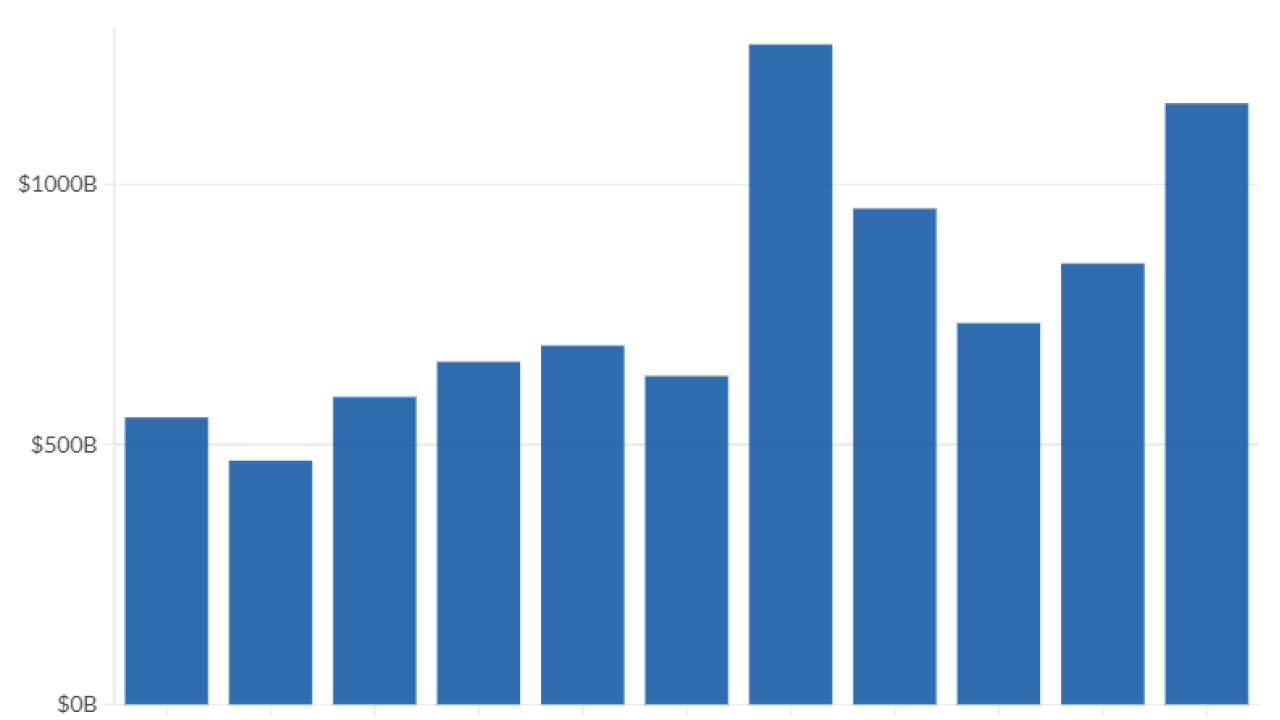Social Security is known as the third rail of politics.
For many retirees on fixed incomes, that's a godsend. Some Republicans are
The Social Security trust fund is
Already, many Americans think they can't rely on Social Security. In 2019,
The fact that so many people are worried that they will never see their benefits also suggests a very serious communications failure because the odds are Social Security will be there for everyone, in some form. The very worst-case scenario is a 20% benefit cut. And odds are excellent even that won't happen. Social Security is extremely popular and it's very unusual to subject pensioners to benefit cuts. Most countries would sooner default on their bondholders than cut pensions. In theory, that missing 20% could be paid for by other taxes, or by running bigger deficits.
Or maybe next decade, when coming face to face with the shortfall, politicians will finally address Social Security finances and either cut benefits or increase the payroll tax — or most likely,
But no matter what happens, there is a cost to waiting. The Social Security Administration estimates that benefit cuts and tax increases would be smaller if the problem were addressed sooner rather than later because more generations can share the cost. Running up debt or increasing taxes may also not be so easy in another 10 years.
The investment bank pointed to research suggesting over half of retirees struggle by on less than half their former income, and said its custom workplace retirement offerings could help those still working.
The U.S. government is already facing large unfunded debts. Entitlement obligations like Social Security (which aren't counted as debt) add another
One of the few benefits of high inflation is that it's good for debtors because inflation erodes the value of debt. But both Social Security and Medicare's cost rise with inflation (in Medicare's case health inflation), which means even less fiscal room not only to finance entitlements, but any other programs.
When interest rates and inflation were low, it seemed politicians had all the time in the world to deal with entitlements. Now politicians who chose to ignore Social Security's financing issues appear to be banking on a return to low rates and negligible inflation.
Anyone who is concerned about entitlements and debt has been screaming into the wind for decades. But as the current environment has shown, the future is uncertain. The same people who dismissed inflation also don't think the U.S. government will ever face constraints on its borrowing. The inflation adjustment this week should act as a warning that this is a serious risk, and now is the time to deal with it.







